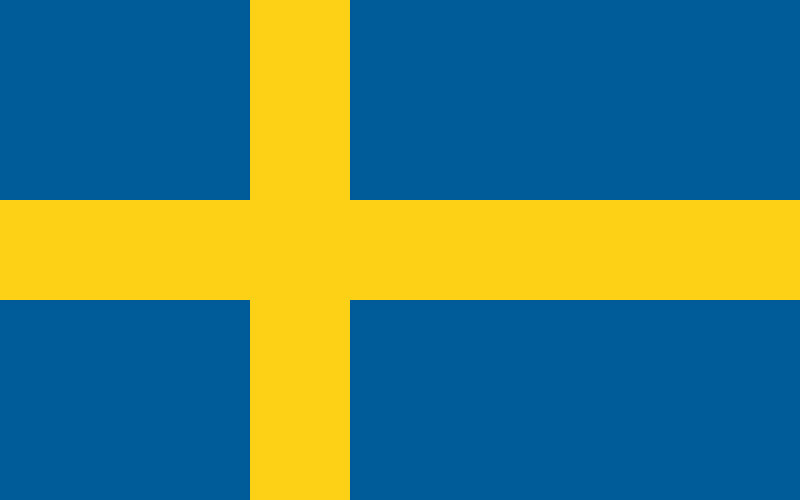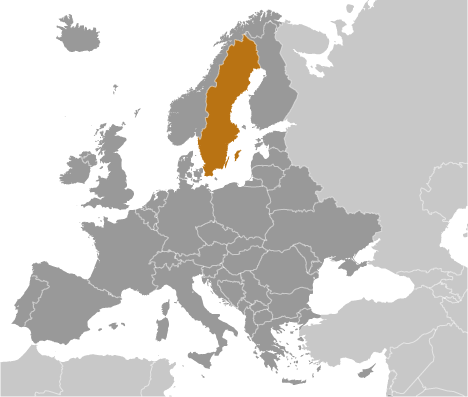HISTORICAL BACKGROUND
The principle of openness "Offentlighetsgrundsatsen" has been long enshrined in Swedish law. Sweden enacted the world's first Freedom of Information Act in 1766.
There are four fundamental laws that make up the Swedish Constitution. Of those, the Instrument of Government and the Freedom of the Press Act specifically provide for freedom of information.
Chapter 2, Article 1 of The Instrument of Government guarantees that all citizens have the right of:
(2) freedom of information: that is, the freedom to procure and receive information and otherwise acquaint oneself with the utterances of others.
Specific rules on access are contained in the Freedom of the Press Act, which was first adopted in 1766. The current version was adopted in 1949 and amended in 1976. Chapter 2 on the Public Nature of Official Documents, decrees that "every Swedish subject [and resident] shall have free access to official documents." Public authorities must respond immediately to requests for official documents. Requests can be in any form and can be anonymous.
Each authority is required to keep a register of all official documents and most indices are publicly available. This makes it possible for ordinary citizens to go to the Prime Minister's office and view copies of all of his correspondence.
There are four exceptions to the registration requirement: documents that are of little importance to the authorities activities; documents that are not secret and are kept in a manner that can be ascertained whether they have been received or drawn up by the authority; documents that are kept in large numbers which the government has exempted under the secrecy ordinance; and electronic records already registered and available from another ministry. Importantly, internal documents such as drafts, memoranda and outlines are not considered official documents unless they are filed and registered or they contain new factual information that is taken into account in decision-making. There is no obligation to keep non-official documents.
Under the Act, there are discretionary exemptions to protect national security and foreign relations; fiscal policy, the inspection and supervisory functions of public authorities; prevention of crime; the public economic interest; the protection of privacy; and the preservation of plant or animal species.
All documents that are secret must be specified by law. A comprehensive list of the documents that are exempted is provided in the 1980 Secrecy Act which has over 160 sections. Most of the restrictions require a finding that their release would cause harm to the protected interest. Information can be kept secret between 2 and 70 years. The Secrecy Ordinance sets additional regulations on some provisions of the Secrecy Act. A government panel in 2003 found that the Act has been continually changed since 1980. The government classified the list of dead and missing Swedes from the Tsunami in January 2005 because of fears that the houses of the missing would be robbed. The Supreme Administrative Court ruled in February 2005 that the withholding was illegal and the names were released.
Decisions by public authorities to deny access to official documents may be appealed internally. They can then be appealed to general administrative courts and ultimately to the Supreme Administrative Court. Complaints can also be made to the Parliamentary Ombudsman. The Ombudsman can investigate and issue non-binding decisions. The Ombudsman received 288 complaints relating to access to documents and freedom of the press between July 2004 and June 2005 and issued admonitions to government departments in 90 cases.
The government announced a proposal in 2002 to merge the Secrecy Act and the Public Records Act into a single Management of Official Documents Act that would "set all the requirements to be met by public authorities throughout the process of handling official documents." The proposal was stopped because of concerns about its constitutionality. The government is now considering a proposal by a panel to write a new Secrecy Act. The panel recommended making the Act more user-friendly by restructuring it, modernizing the language, and including definitions in the Act. They also recommended some form of external oversight, an improvement on the requirement to show harm in some cases, a public interest test, increasing the secrecy of information on the health or the sexual activities of an individual if it would cause harm, and improving the protection of sensitive personal information and the link between real and fictitious identities.
Even in a country with such a longstanding principle, there are still problems with access. The regular changes to the Secrecy Act has raised concerns. The plans for the building of Prime Minister Göran Persson's house were classified in April 2005. There are also problems with awareness of the Act. A researcher at the University of Gothenburg was fined $4500 in July 2005 for refusing to follow a court order to release his records, instead shredding them. The Ombudsman said that the University did not do enough to get the records back. The Deputy Ombudsman stated in the 2004-05 report that there was "often a lack of fundamental knowledge of these areas" particularly with local administrations. The government ran an "Open Sweden Campaign" in 2002 to improve public-sector transparency, raise the level of public knowledge and awareness of information disclosure policies, and encourage active citizen involvement and debate. It was coordinated by representatives from the national government, county councils, municipalities and trade unions. The government said:
[C]lear signals from the public, journalists and trade unions and professional organizations indicate that inadequacies exist in terms of knowledge about the public access to information principle, and with respect to its application. Examples of such inadequacies include delays in connection with the release of official documents, improper invocations of secrecy and cases where employees do not feel at liberty to exercise the freedom of expression and communication freedom guaranteed them by law. Many citizens have insufficient knowledge of these rights, making it difficult for those citizens to exercise them. The government believes that this type of openness is one of the cornerstones of a democratic society, and that it must continue to be so.
Sweden signed the Aarhus convention in June 1998 and ratified it in June 2005. Access to environmental information is under the Freedom of Press Act.
Individuals have a right to access and correct personal information held by public and private bodies under the Personal Data Act. It is enforced by the Data Inspection Board.
2004 freedominfo.org Global Survey Results - Sweden





















